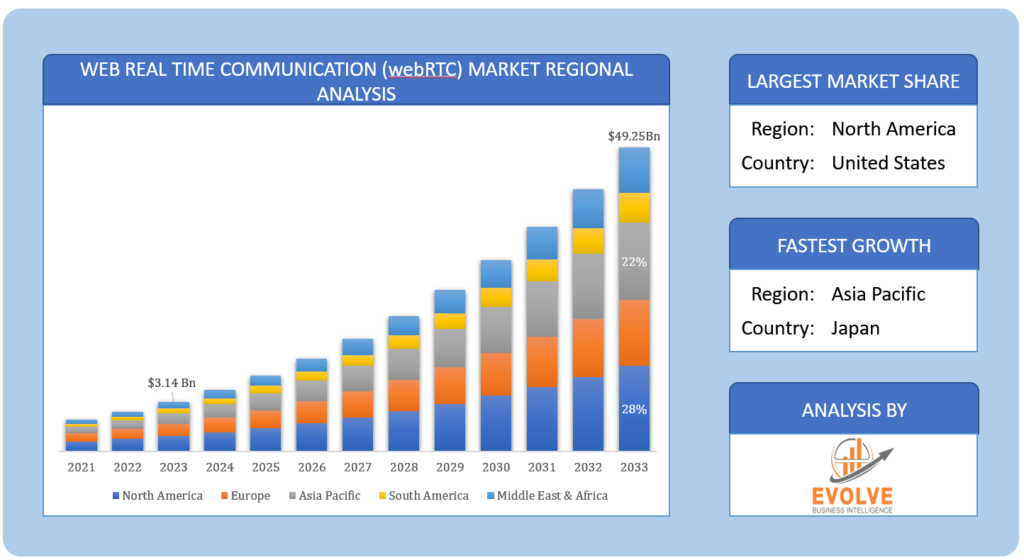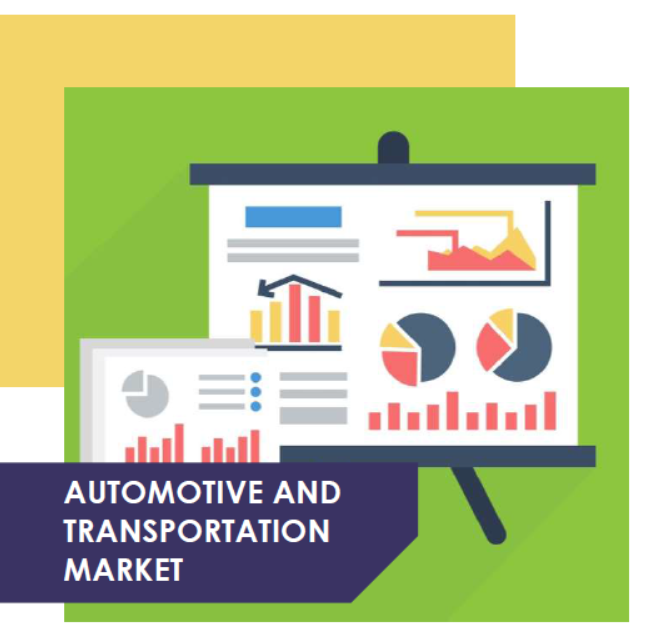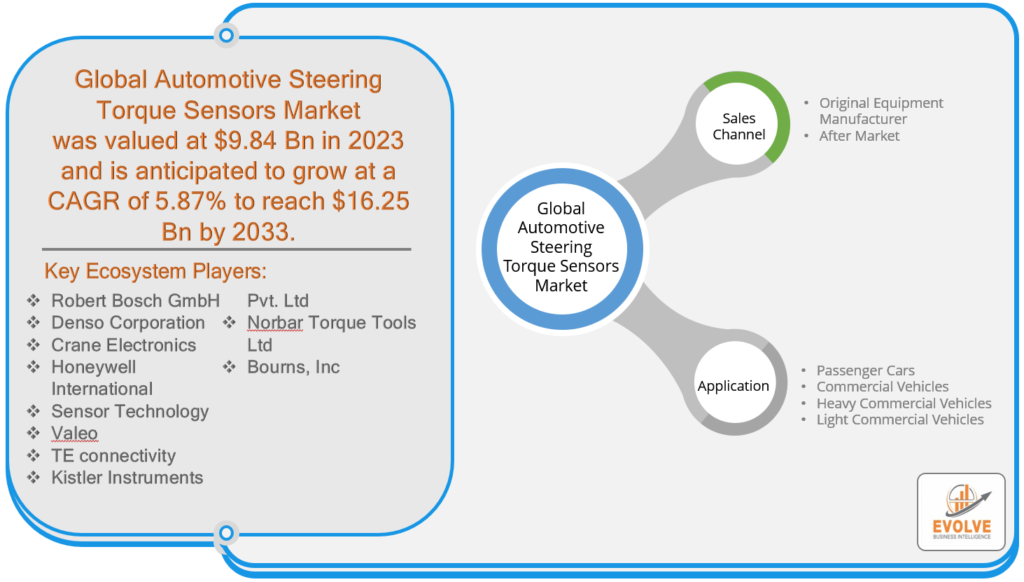Automotive Steering Torque Sensors Market Overview
The Automotive Steering Torque Sensors Market Size is expected to reach USD 16.25 Billion by 2033. The Automotive Steering Torque Sensors industry size accounted for USD 9.84 Billion in 2023 and is expected to expand at a CAGR of 5.87% from 2023 to 2033. Automotive Steering Torque Sensors are sophisticated electromechanical devices integrated within a vehicle’s steering column or system to detect and measure the amount of rotational force or torque exerted on the steering wheel by the driver. These sensors utilize various technologies, such as strain gauges or Hall-effect sensors, to convert mechanical steering input into electrical signals. The resulting data is then relayed to the vehicle’s electronic control unit (ECU) or power steering system, enabling precise and real-time feedback on the driver’s steering actions. This information is crucial for the implementation of advanced driver assistance systems (ADAS) and computer-controlled power steering, enhancing vehicle stability, safety, and overall handling performance.
Global Automotive Steering Torque Sensors Market Synopsis
The COVID-19 pandemic had a notable positive impact on the Automotive Steering Torque Sensors market. As the pandemic prompted an increased focus on safety and the acceleration of autonomous driving technologies, the demand for advanced driver assistance systems (ADAS) surged. Automotive Steering Torque Sensors play a pivotal role in ADAS by providing precise feedback on driver input, enabling adaptive steering assistance, and improving vehicle safety. Additionally, the pandemic accelerated the adoption of e-commerce and delivery services, driving up the demand for commercial vehicles equipped with advanced steering systems. As a result, the Automotive Steering Torque Sensors market experienced heightened demand and growth during the pandemic period, driven by a greater emphasis on vehicle safety and automation.
Automotive Steering Torque Sensors Market Dynamics
The major factors that have impacted the growth of Automotive Steering Torque Sensors are as follows:
Drivers:
Ø Increasing Emphasis on Vehicle Safety
The primary driver for the Automotive Steering Torque Sensors market is the growing emphasis on vehicle safety. Stricter safety regulations and a heightened focus on reducing accidents have prompted automotive manufacturers to integrate advanced driver assistance systems (ADAS) into their vehicles. Automotive Steering Torque Sensors are integral to ADAS, enabling features like lane-keeping assist and adaptive cruise control, thereby contributing to overall road safety.
Restraint:
- Cost and Complexity
A significant restraint for the Automotive Steering Torque Sensors market is the cost and complexity associated with these sensors. Implementing torque sensors in steering systems can add to the overall production cost of vehicles. Additionally, their integration requires sophisticated technology and expertise, which can increase manufacturing complexity and maintenance costs.
Opportunity:
⮚ Autonomous Vehicles
An exciting opportunity for the Automotive Steering Torque Sensors market lies in the rapid development of autonomous vehicles. As self-driving cars become more prevalent, the demand for precise and reliable torque-sensing technology will grow significantly. These sensors are crucial for autonomous vehicles to navigate and make real-time adjustments, presenting a promising avenue for market expansion in the coming years.
Automotive Steering Torque Sensors Segment Overview
By Sales Channel
 Based on Sales Channel, the market is segmented based on Original Equipment Manufacturer, After Market. The Original Equipment Manufacturer (OEM) segment is expected to experience significant growth throughout the forecast period in the Automotive Steering Torque Sensors market due to the increasing integration of advanced driver assistance systems (ADAS) and electric power steering (EPS) systems in new vehicles. OEMs are increasingly focusing on enhancing vehicle safety, driver assistance features, and overall performance and Automotive Steering Torque Sensors are essential components for these technologies.
Based on Sales Channel, the market is segmented based on Original Equipment Manufacturer, After Market. The Original Equipment Manufacturer (OEM) segment is expected to experience significant growth throughout the forecast period in the Automotive Steering Torque Sensors market due to the increasing integration of advanced driver assistance systems (ADAS) and electric power steering (EPS) systems in new vehicles. OEMs are increasingly focusing on enhancing vehicle safety, driver assistance features, and overall performance and Automotive Steering Torque Sensors are essential components for these technologies.
By Application
Based on the Application, the market has been divided into Passenger Cars, Commercial Vehicles, Heavy Commercial Vehicles, and Light Commercial Vehicles. The Passenger Cars segment is poised for substantial growth in the Automotive Steering Torque Sensors market during the forecast period owing to increasing consumer demand for advanced driver assistance systems (ADAS) and improved safety features in passenger vehicles, which rely on torque sensors for precise steering control and enhanced driving experiences.
Global Automotive Steering Torque Sensors Market Regional Analysis
Based on region, the global Automotive Steering Torque sensor market has been divided into North America, Europe, Asia-Pacific, the Middle East & Africa, and Latin America. North America is projected to dominate the use of the Automotive Steering Torque Sensors market followed by the Asia-Pacific and Europe regions.
 North America Market
North America Market
North America has traditionally held a dominant position in the Automotive Steering Torque Sensors market due to several key factors. The region’s well-established automotive industry, characterized by a high level of technological innovation and consumer demand for advanced safety features, has driven the widespread adoption of advanced driver assistance systems (ADAS). As ADAS technologies rely heavily on Automotive Steering Torque Sensors for precise steering control, North American automakers have consistently integrated these sensors into their vehicles. Additionally, stringent safety regulations and the region’s willingness to embrace new automotive technologies have further boosted the market’s growth, cementing North America’s leading role in the Automotive Steering Torque Sensors market.
Asia-Pacific Market
The Asia-Pacific region has rapidly emerged as a thriving market for the Automotive Steering Torque Sensors industry due to several compelling factors. The region’s booming automotive sector, led by countries like China, Japan, and South Korea, has witnessed significant growth in vehicle production and consumer demand for advanced safety features. With a growing middle-class population and increasing urbanization, there’s a heightened awareness of vehicle safety and a preference for technologically advanced automobiles. As a result, automotive manufacturers in the Asia-Pacific region have increasingly integrated advanced driver assistance systems (ADAS) into their vehicles, relying on Automotive Steering Torque Sensors for precise control and safety enhancements. This trend, coupled with the region’s favorable economic conditions, positions Asia-Pacific as a key growth hub for the Automotive Steering Torque Sensors market.
Competitive Landscape
The Global Automotive Steering Torque Sensors market is highly competitive, with numerous players offering a wide range of solutions. The competitive landscape is characterized by the presence of established companies, as well as emerging startups and niche players. To increase their market position and attract a wide consumer base, the businesses are employing various strategies, such as product launches, and strategic alliances.
Prominent Players:
- Robert Bosch GmbH
- Denso Corporation
- Crane Electronics
- Honeywell International
- Sensor Technology
- Valeo
- TE Connectivity
- Kistler Instruments Pvt. Ltd
- Norbar Torque Tools Ltd
- Bourns, Inc.
Key Development:
In October 2022, Hitachi Astemo Co. Ltd introduced a prototype of a steering component within a steer-by-wire system, effectively removing the need for a traditional steering wheel.
In July 2022, TDK Corporation unveiled the TAS4240, a compact analog angle sensor utilizing tunnel-magnetoresistance (TMR) technology designed for automotive and industrial applications. In the automotive sector, the TAS4240 is anticipated to serve as a sensor capable of detecting the angle and position of brushless DC motors and permanent-magnet motors used in power steering systems, brake boosters, and various other applications.
Scope of the Report
Global Automotive Steering Torque Sensors Market, by Sales Channel
- Original Equipment Manufacturer
- After Market
Global Automotive Steering Torque Sensors Market, by Application
- Passenger Cars
- Commercial Vehicles
- Heavy Commercial Vehicles
- Light Commercial Vehicles
Global Automotive Steering Torque Sensors Market, by Region
- North America
- US
- Canada
- Mexico
- Europe
- UK
- Germany
- France
- Italy
- Spain
- Benelux
- Nordic
- Rest of Europe
- Asia Pacific
- China
- Japan
- South Korea
- Indonesia
- Austalia
- Malaysia
- India
- Rest of Asia Pacific
- South America
- Brazil
- Argentina
- Rest of South America
- Middle East & Africa
- Saudi Arabia
- UAE
- Egypt
- South Africa
- Rest of Middle East & Africa
| Parameters | Indicators |
|---|---|
| Market Size | 2033: $16.25 Billion |
| CAGR | 5.87% CAGR (2023-2033) |
| Base year | 2022 |
| Forecast Period | 2023-2033 |
| Historical Data | 2021 |
| Report Coverage | Revenue Forecast, Competitive Landscape, Growth Factors, and Trends |
| Key Segmentations | Sales Channel, Application |
| Geographies Covered | North America, Europe, Asia-Pacific, Latin America, Middle East, Africa |
| Key Vendors | Robert Bosch GmbH, Denso Corporation, Crane Electronics, Honeywell International, Sensor Technology, Valeo, TE connectivity, Kistler Instruments Pvt. Ltd., Norbar Torque Tools Ltd, Bourns, Inc |
| Key Market Opportunities | • Expansion of the autonomous vehicle market. • Integration of torque sensors in commercial vehicles. • Technological advancements in sensor capabilities. |
| Key Market Drivers | • Emphasis on vehicle safety and regulatory requirements. • Growing adoption of electric power steering (EPS) systems. • Rise in consumer awareness about safety features. |
REPORT CONTENT BRIEF:
- High-level analysis of the current and future Automotive Steering Torque Sensors market trends and opportunities
- Detailed analysis of current market drivers, restraining factors, and opportunities in the future
- Automotive Steering Torque Sensors market historical market size for the year 2021, and forecast from 2023 to 2033
- Automotive Steering Torque Sensors market share analysis at each product level
- Competitor analysis with detailed insight into its product segment, Government and defense strength, and strategies adopted.
- Identifies key strategies adopted including product launches and developments, mergers and acquisitions, joint ventures, collaborations, and partnerships as well as funding taken and investment done, among others.
- To identify and understand the various factors involved in the global Automotive Steering Torque Sensors market affected by the pandemic
- To provide a detailed insight into the major companies operating in the market. The profiling will include the Government and defense health of the company’s past 2-3 years with segmental and regional revenue breakup, product offering, recent developments, SWOT analysis, and key strategies.





